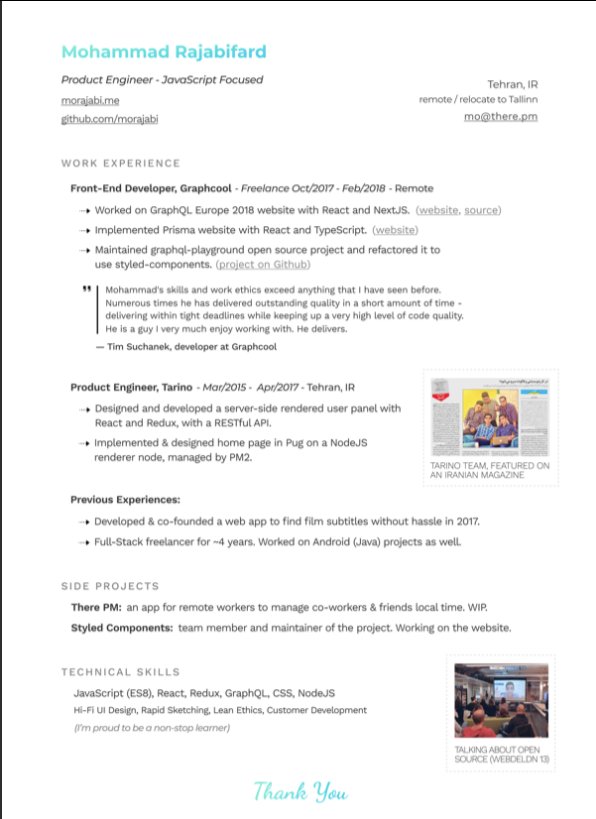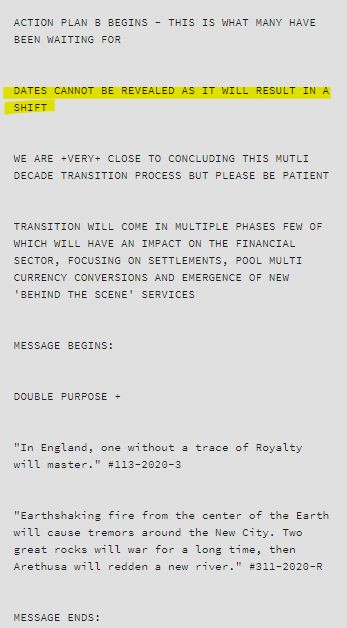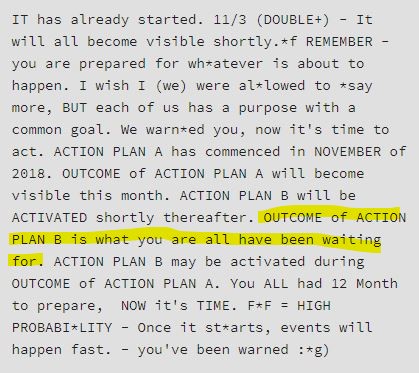It often takes several months of work to truly test an idea. Asking a mentor is a cheap proxy.
An important part of growing as a researcher is developing research taste. But it can be hard to explicitly work on. So I wanted to share some concrete exercises for developing research taste.
(Take my advice with a grain of salt! Note version: https://t.co/2BhyxOKy3q )
It often takes several months of work to truly test an idea. Asking a mentor is a cheap proxy.
Bonus: If you have a great interview, you might consider writing it up with their permission.
(Kuhn’s “The Structure of Scientific Revolutions” is one of my favorite books, and you can get an audio book!)
eg. In what ways has your own research taste or your community's taste been wrong in the past?
A lot of researchers start working on one problem (often more due to circumstance than contemplated decision) and then find it hard to move on.
Theoretical knowledge is table stakes for research taste. You can’t have research taste in a vacuum.
Research Intimacy: Internalizing obscure knowledge, equations, relationships, and ways of thinking related to a research topic.
— Chris Olah (@ch402) August 16, 2020
I sometimes talk to PhD students who have different interests than their advisor, and are trying to contort their research interests into something their advisor will find palatable.
More from For later read
You May Also Like
👨💻 Last resume I sent to a startup one year ago, sharing with you to get ideas:
- Forget what you don't have, make your strength bold
- Pick one work experience and explain what you did in detail w/ bullet points
- Write it towards the role you apply
- Give social proof
/thread

"But I got no work experience..."
Make a open source lib, make a small side project for yourself, do freelance work, ask friends to work with them, no friends? Find friends on Github, and Twitter.
Bonus points:
- Show you care about the company: I used the company's brand font and gradient for in the resume for my name and "Thank You" note.
- Don't list 15 things and libraries you worked with, pick the most related ones to the role you're applying.
-🙅♂️"copy cover letter"
"I got no firends, no work"
One practical way is to reach out to conferences and offer to make their website for free. But make sure to do it good. You'll get:
- a project for portfolio
- new friends
- work experience
- learnt new stuff
- new thing for Twitter bio
If you don't even have the skills yet, why not try your chance for @LambdaSchool? No? @freeCodeCamp. Still not? Pick something from here and learn https://t.co/7NPS1zbLTi
You'll feel very overwhelmed, no escape, just acknowledge it and keep pushing.
- Forget what you don't have, make your strength bold
- Pick one work experience and explain what you did in detail w/ bullet points
- Write it towards the role you apply
- Give social proof
/thread

"But I got no work experience..."
Make a open source lib, make a small side project for yourself, do freelance work, ask friends to work with them, no friends? Find friends on Github, and Twitter.
Bonus points:
- Show you care about the company: I used the company's brand font and gradient for in the resume for my name and "Thank You" note.
- Don't list 15 things and libraries you worked with, pick the most related ones to the role you're applying.
-🙅♂️"copy cover letter"
"I got no firends, no work"
One practical way is to reach out to conferences and offer to make their website for free. But make sure to do it good. You'll get:
- a project for portfolio
- new friends
- work experience
- learnt new stuff
- new thing for Twitter bio
If you don't even have the skills yet, why not try your chance for @LambdaSchool? No? @freeCodeCamp. Still not? Pick something from here and learn https://t.co/7NPS1zbLTi
You'll feel very overwhelmed, no escape, just acknowledge it and keep pushing.






















